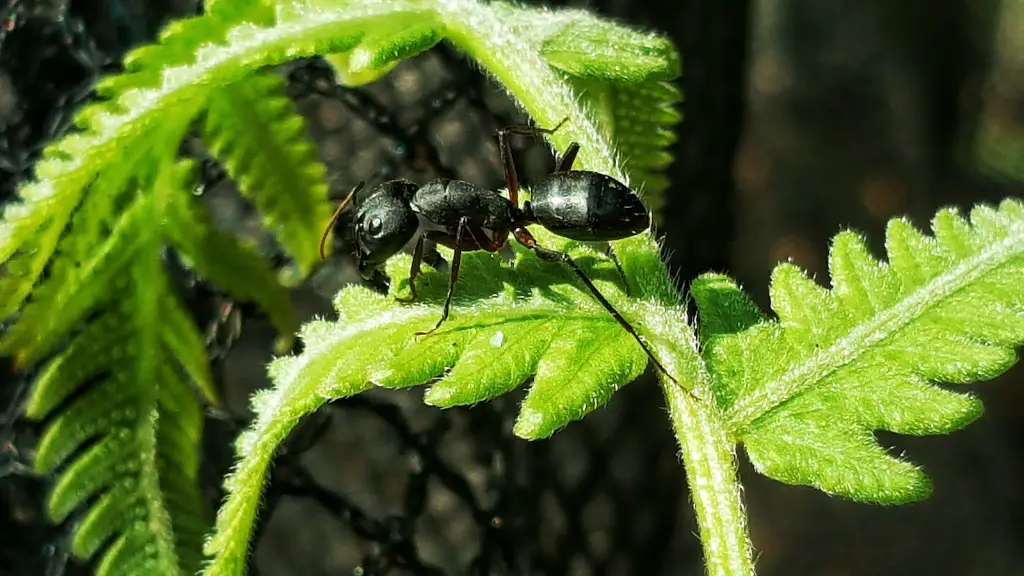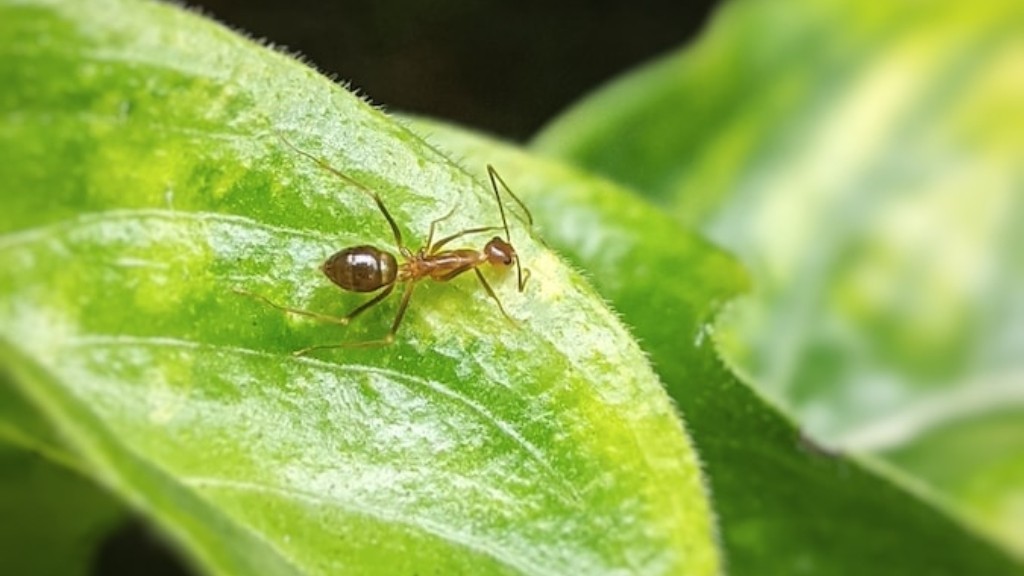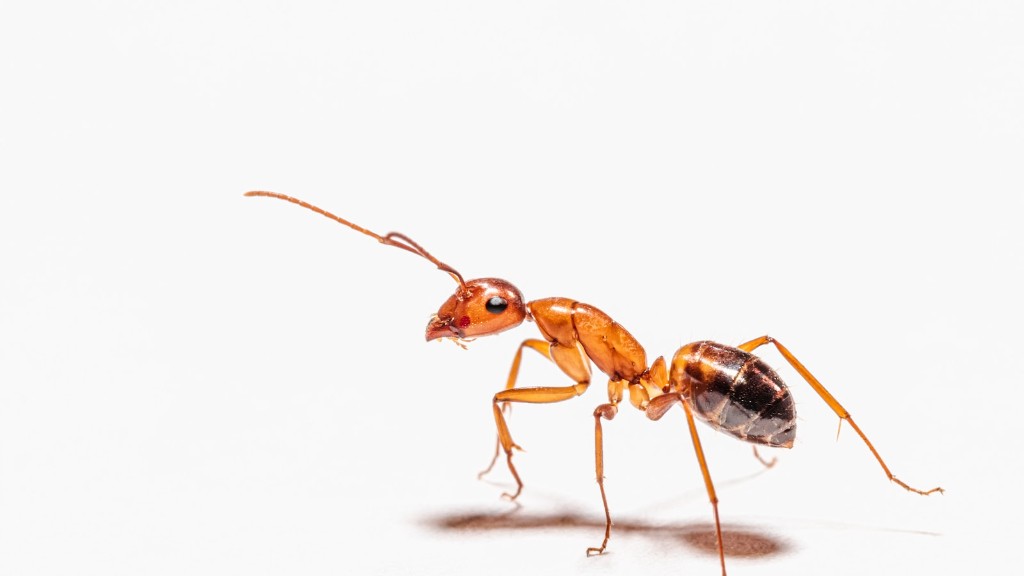Introduction
Big black ants, locally known as carpenter ants, primarily live in wooded areas of the United States, Canada, and Mexico. They can enter homes and buildings, where they feed on a variety of sweet, greasy, and protein-rich foods, such as meats, sugars, grease, and other leftovers. Even though they do not damage structures or structures like termites, they can be a nuisance when they infest. But an even bigger concern is whether or not these ants bite humans.
Do Big Black Ants Bite Humans?
Yes, big black ants can bite humans. While most ants do possess the capability to bite, the bite from a big black ant is generally not as painful as that of other ant species. The mandible of a black ant is relatively small in comparison to other ant species, making the bite relatively minor and of little to no harm.
Big black ants will only bite humans if they feel threatened or their nest is disturbed. When agitated, a black ant will bite in defense. It’s important to note, though, that the bite itself is not dangerous. However, the ant could be carrying bacteria or other disease-causing germs, so it’s best to clean the wound right away with soap and water.
How Do Big Black Ant Bites Look?
Big black ant bites may cause a local reaction. Symptoms from a bite may include redness, swelling, and itching in the affected area. In some cases, a black ant bite may also cause an allergic reaction in certain individuals. If the bite is accompanied by more severe symptoms, such as difficulty breathing, nausea, or dizziness, medical attention should be sought immediately.
Treating Big Black Ant Bites
The best way to treat a big black ant bite is to wash the affected area with soap and water, then apply a cold compress for 15 minutes. If the area is particularly itchy, anti-itch cream, hydrocortisone, or calamine can be applied. OTC pain relievers, such as ibuprofen, may also be given.
Preventing Big Black Ant Bites
The best way to prevent big black ant bites is to avoid disturbing their nests. If you’re out in the woods, be sure to wear long pants and closed-toe shoes. Additionally, keep food and sugary items away from areas where big black ants may be living.
Big Black Ant’s Environment
Big black ants typically live in wooded areas and are usually found near stumps, dead trees, or rotting wood. They feed on a variety of sweet, greasy, and protein-rich foods from sources such as other insects, decaying organic matter, and household trash. When these ants enter buildings, however, they will invade, colonize, and feed on just about everything, including meats, sugars, grease, and other leftovers.
Do Big Black Ants Cause Damage?
Big black ants generally do not cause damage to homes or buildings like termites do. They are, however, considered a nuisance pest as they can sometimes enter in large numbers. They may also accompany other pest infestations such as cockroaches, which can sometimes cause structural damage. If an infestation does occur, it’s best to contact a professional exterminator for help.
Signs of Big Black Ant Infestation
There are several signs that may indicate an infestation of big black ants:
- Large, visible numbers of ants in the home.
- Small trails of ants from one area to another.
- Mounds of soil near or under decaying wood or other organic matter.
- Nests in home or office areas.
Controlling Big Black Ants
The best way to control big black ants is to locate and remove their nests or colonies. This can be done using insecticides, traps, or a combination of the two. It’s also important to eliminate food sources and moisture sources in order to prevent them from returning. If all else fails, contact a professional exterminator for help.
Conclusion
Big black ants can bite humans, but their mandible is smaller and therefore their bite is generally less painful than that of other ant species. A bite from a big black ant may cause redness, swelling, and itching in the affected area, as well as an allergic reaction in certain individuals. The best way to treat a bite is to wash the affected area with soap and water and apply a cold compress. To prevent big black ant bites, it’s best to avoid disturbing their nests and to keep food and sugary items away from areas where these ants may be living. For serious infestations, contact a professional exterminator for help.


